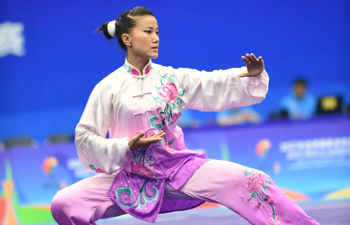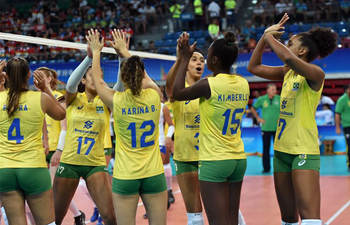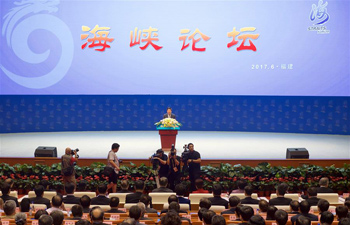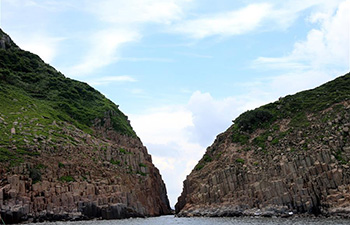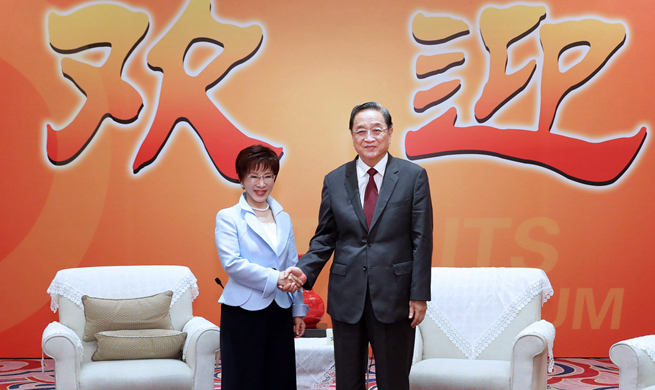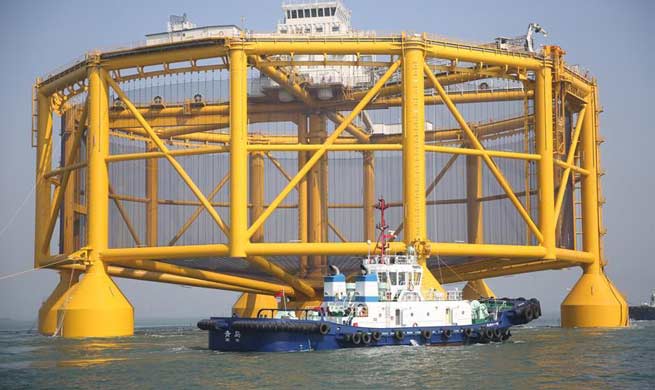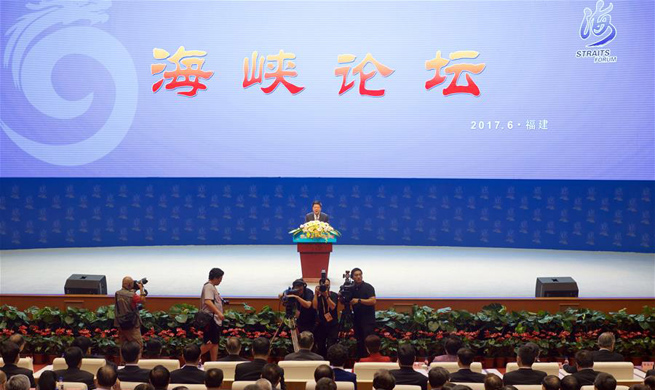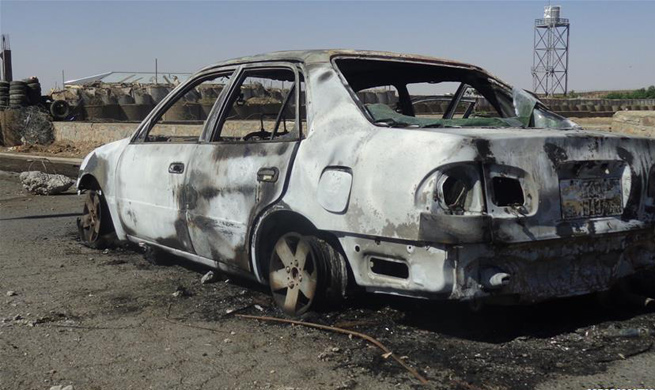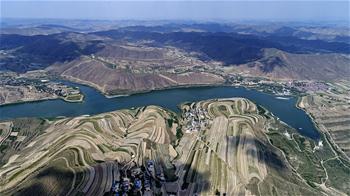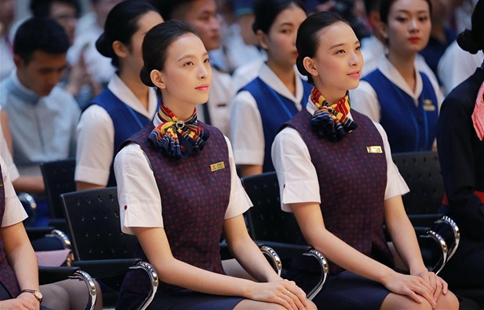THE HAGUE, June 18 (Xinhua) -- The Netherlands and its Benelux partners are seeking alignments among Nordic and central European countries to promote a more liberal and less federal European Union as they are trying to balance a Franco-German axis that could dominate EU's integration after Brexit, said Dutch experts.
"In view of the leading role that France and Germany are expected to play in determining Europe's future direction, countries which relied substantially on the United Kingdom (UK) to promote a more pragmatic, liberal oriented and less federal Union are concerned that their situation within the EU after Brexit will change significantly," said Rem Korteweg, head of the unit of "Europe in the World" at Clingendael, the Dutch institute for international relations.
"Europe's northwestern members fear a weaker say and a shift of power towards southern countries" with the British leaving the union while the Germans are teaming up with the French whose new president, Emmanuel Macron, is arguably the most pro-European of all European leaders and has the strongest mandate to deliver, the expert told Xinhua.
"The Netherlands is now strongly in favor of keeping the EU27 unified but that is under the expectation that the UK will make concessions," Kortewg said.
He warned that a breakdown in the Brexit talks, which will start on Monday, would lead countries mostly exposed to the consequences of Britain's departure from the bloc, like the Netherlands, to explore bilateral options.
The Dutch approach in seeking alignments should be less on the formation of opposing camps within the EU27, but more on the establishment of common grounds for reforms across the board, argued Joris Larik, senior researcher at The Hague Institute for Global Justice.
Following a meeting with Ireland and Denmark in April, the Netherlands along with Belgium and Luxembourg will meet on Monday in Warsaw with the Visegrad Four -- Poland, Hungary, Slovakia and the Czech Republic -- for talks on Brexit and the future of the EU.
A meeting of the Benelux countries with the Baltic and Northern EU member States, the so-called Nordics, will be held in the Hague on Wednesday -- one day ahead of the June 22-23 summit at which EU leaders will discuss Brexit.
The issues on the agenda are similar and include Brexit, the internal market, migration and the future of Europe. During the meeting with the Baltic and Nordic countries, discussion will also include security and defense, according to a statement issued by the Dutch government.
These meetings are emblematic of Dutch Prime Minister Mark Rutte's efforts to strike a new club of interests and the topics are among the core areas the EU27 would seek to reform following Brexit, commented Larik.
"Advancing European integration is made easier by Brexit given that the EU will have less energy to spend on devising special opt-outs or rebates, but tough decisions are needed to remedy the shortcomings of the monetary union," he argued.
Both Macron and German Chancellor Angela Merkel have pledged deepening and strengthening of the Eurozone. "Berlin wants to see France adopting structural reforms and in return the Germans might move towards more investment across Europe and potentially towards some degree of debt mutualization, striking 'grand bargain' and putting Europe on a trajectory of further integration," noted Korteweg.
The Netherlands does not favor this prospect including Macron's position to set a joint budget, a joint eurozone parliament and a finance minister for the eurozone. "The first steps are reforms. If we achieve a higher level of convergence then there is no need to change the architecture of the euro," said Dutch PM Rutte on his first bilateral meeting with the newly elected French president in Paris on Friday.
"If the Netherlands wants to get its voice heard in Berlin, it makes more sense to align its position with other like-minded countries to convey its message," said Korteweg.
France and Germany are also taking the lead in shaping a European defense policy against the backdrop of tensions between U.S. President Donald Trump and NATO's European partners over spending and of Brexit, since the UK had always opposed to further European defense integration.
"Together with Germany and Belgium, the Netherlands has been a forerunner for closer cooperation in defense matters with the central Europeans who are also quite keen on more integration in the fields of security and defence," said Larik. EU cooperation on external security and defense will be discussed by EU leaders in Brussels at the June 22-23 summit.
According to Larik, the Dutch search for possible coalitions "will shift constantly depending on the issue at hand, including on questions of more or less powers for the EU."
"Coalitions will also depend on the pace the French-German cooperation moves ahead," added Korteweg. The political scientist argued steps towards further Eurozone integration, for example, will take time. "What we may see is a first small step towards this direction and at least Berlin's willingness to move away from the strong austerity stance," he said.
Franco-German relations have experienced a profound change in recent months. However breathing new life into the EU project "will take more than electoral victories with pro-European rhetoric in Paris and Berlin," noted Larik.





